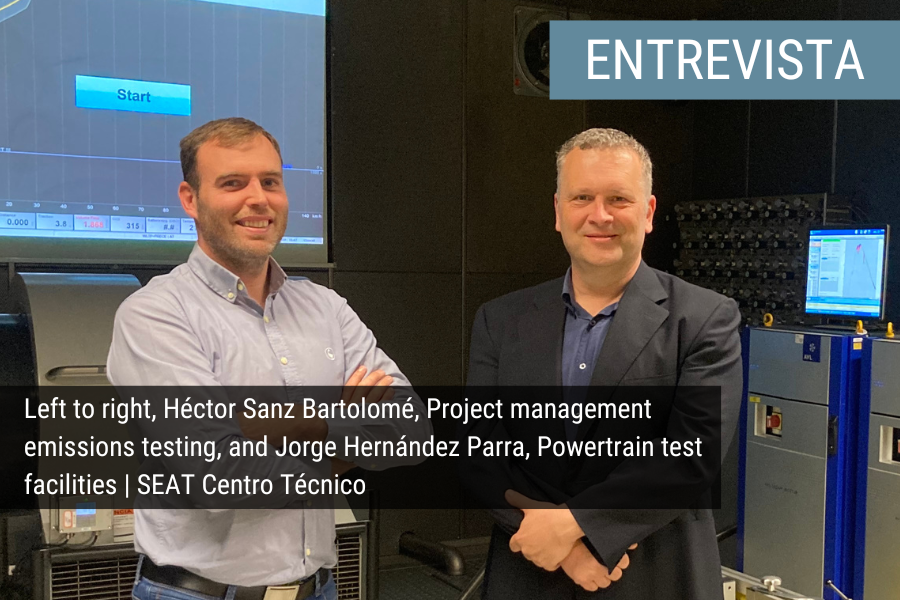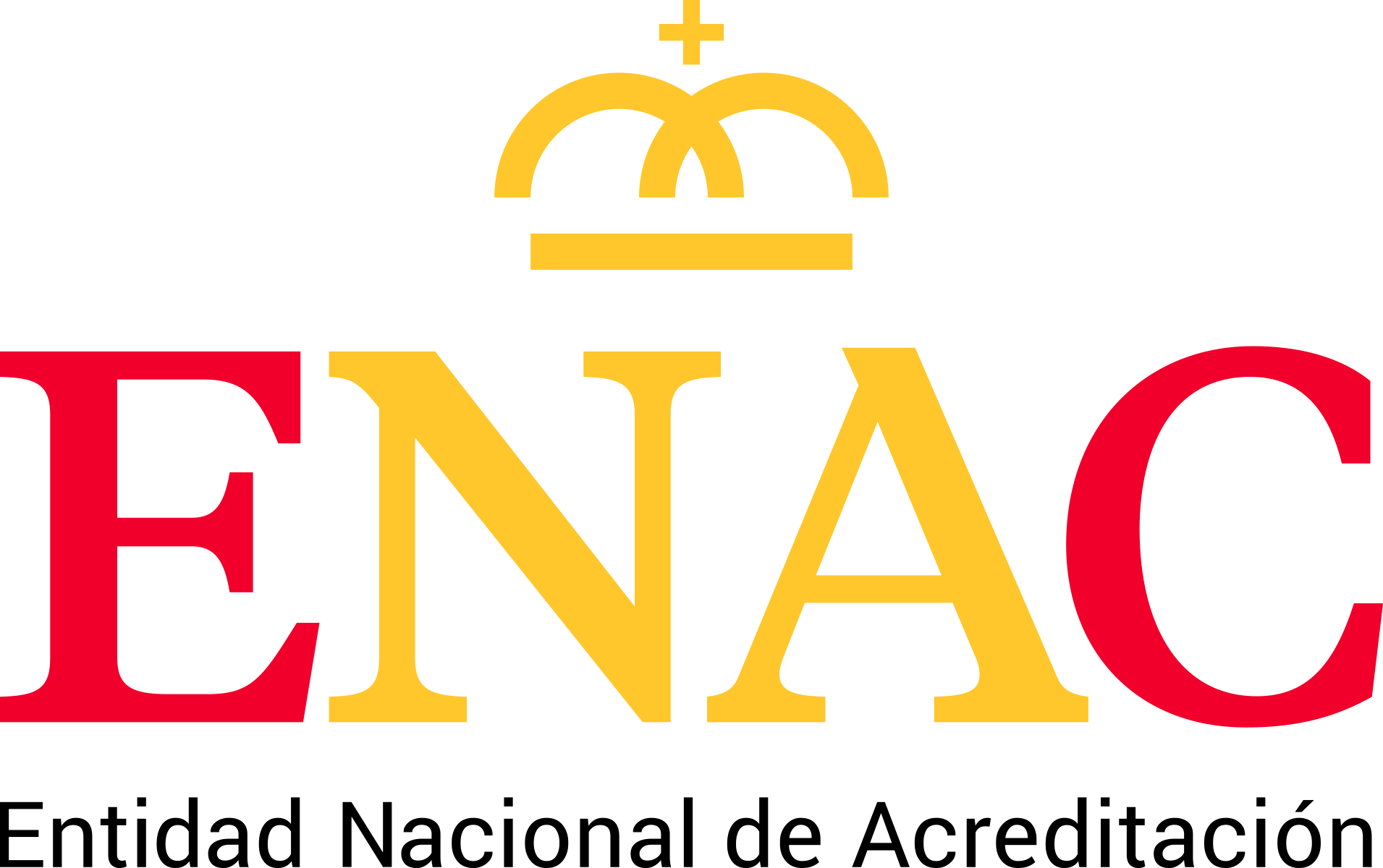seat-accredited-laboratory-vehicles
SEAT accredits its testing laboratory for controlling the measurement of fuel consumption and polluting gases in vehicles

SEAT has obtained ENAC accreditation for several tests carried out in its technical centre related to controlling the measurement of fuel consumption and polluting gases emitted in motor vehicles.
SEAT, a multinational based in Martorell (Barcelona) and present in more than 70 countries, is currently part of the Volkswagen Group. It designs, develops, manufactures and markets cars in Spain, exporting more than 80% of its vehicles.
In this interview, Héctor Sanz Bartolomé, Emissions Testing Project Manager at the SEAT Technical Centre, explains the value of having ENAC accreditation for the company in its vehicle assessment and control activities.
How useful are ENAC-accredited tests in the manufacturing process of your vehicles?
At our engine development centres, we subject vehicles to extremely demanding tests to evaluate their behaviour in extreme situations, so we can assure customers of our excellent vehicle quality and reliability.
In addition, during the homologation processes, the vehicles follow a series of rigorous tests fully complying with requirements and staying within the stipulated tolerances. Applying high-quality resources is the only possible way to develop these homologation tests: all staff have a level of experience in their field that, together with the state-of-the-art equipment, enables them to achieve the standards required in the applicable regulations.
Carrying out ENAC-accredited tests strengthens our processes' quality. This new accreditation’s requirements have been added to the pre-existing ones in our procedures and instructions, strengthening both the management system and assuring our results are valid.
Continuous improvement is part of the company's DNA. This accreditation is a strategic tool that provides a framework for formalizing requirements and monitoring processes and raises quality standards. It is also internationally recognised in many countries where we sell our vehicles and so is good for customer confidence.
What are the benefits for a manufacturer like SEAT to have an accredited internal laboratory? How do you think this accreditation can benefit your production processes?
One of the biggest benefits is the added value of ensuring the results are valid. So, having the measurements carried out in an accredited laboratory means reliable results in the wide range of tests requested, both from the point of view of homologation and R+D. so we can perform analysis and make decisions based on accurate data and raise quality standards in vehicle manufacturing and production processes.
What guarantees does the accreditation of these tests offer to the final consumer and user of your vehicles?
Being an ISO/IEC 17025 accredited laboratory means that we offer a high standard of quality and technical competence in our facilities and that we have experienced employees as well as robust processes based on validated methodologies. This translates into safety and confidence in our vehicles’ quality.
SEAT exports more than 80% of its vehicles and is present in more than 70 countries, do you consider that ENAC accreditation can be a help in exporting your products?
Having an international accreditation recognized in more than 100 countries means offering products whose testing methodology carried out during the vehicle's development has been technically assessed by experts. In other words, it is synonymous with offering reliable products.
Accreditation News
Accreditation News is published quarterly and sent to organizations and to people who have asked to be included on its mailing list.
Would you like to receive a free copy of Accreditation News? Subscribe here.

